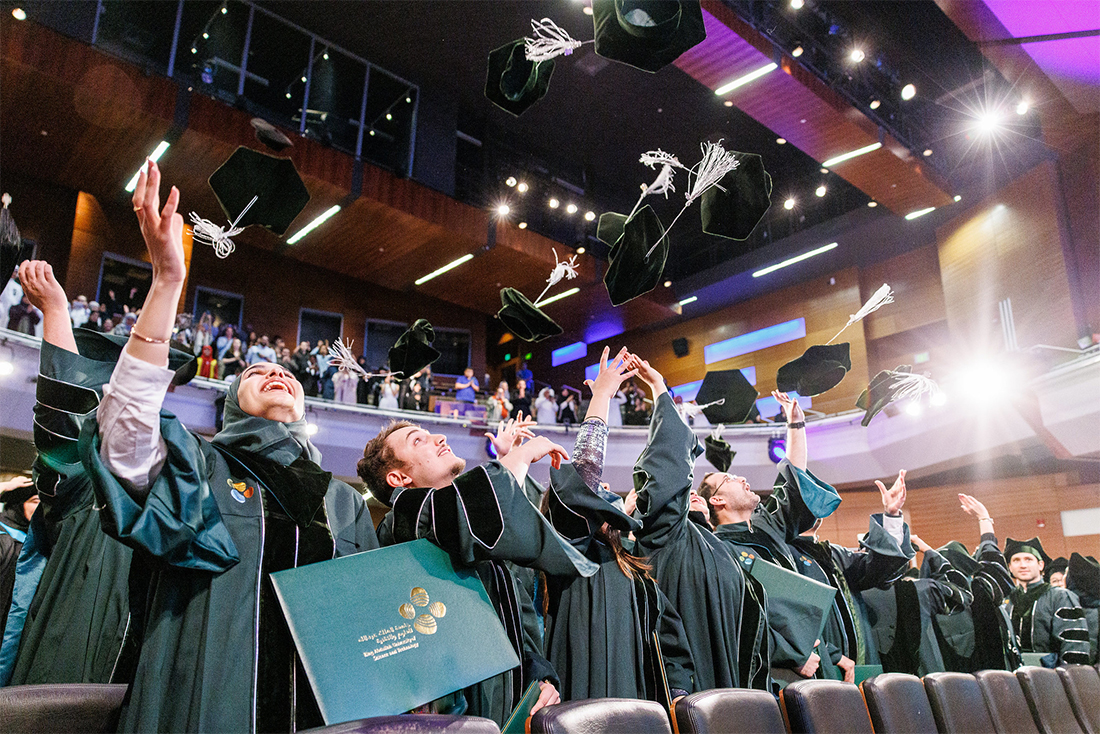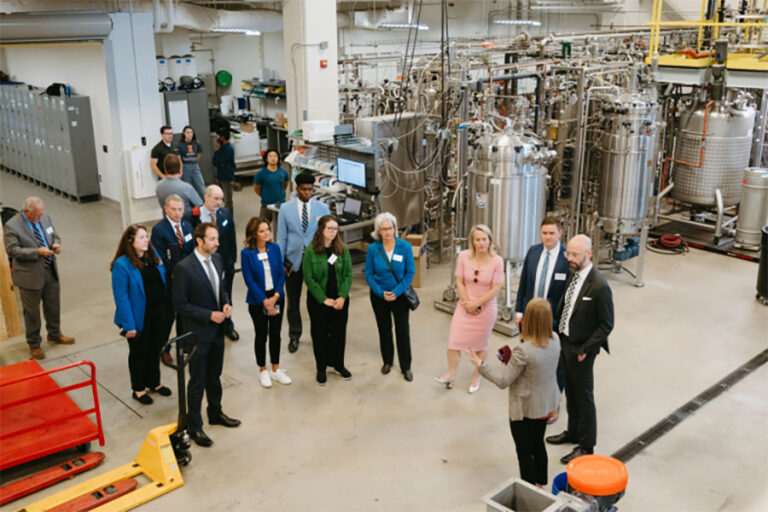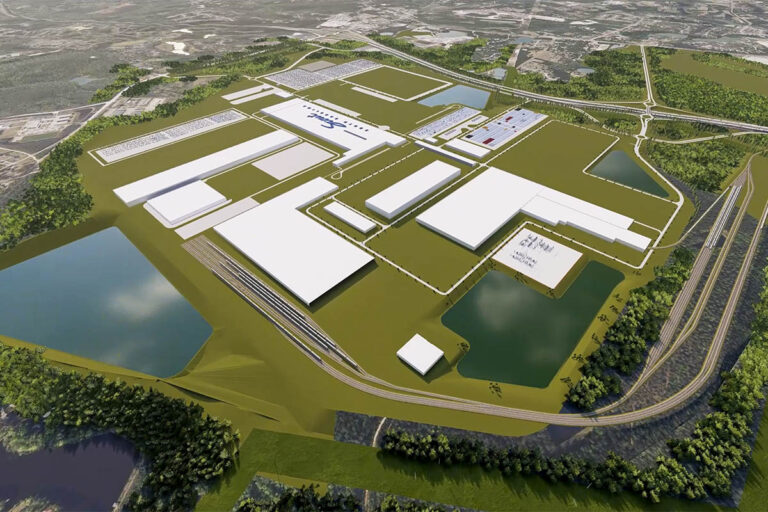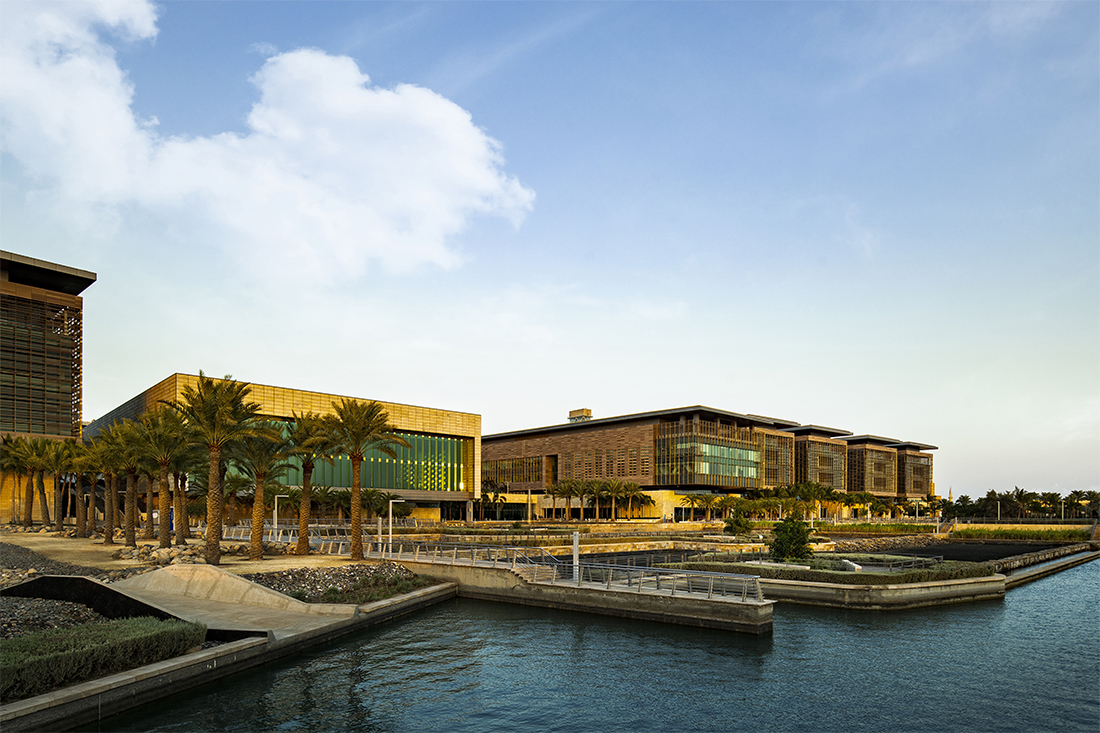
In the vibrant corridors of the recent Future Investment Initiative (FII) summit, where the air buzzed with the aroma of freshly brewed Khawlani coffee—beans cultivated in the lush mountains of Jazan, Saudi Arabia—one thing stood out: education and training have cemented their roles as the pillars of Saudi Arabia’s Vision 2030. While leaders, investors, and industry giants debated economic growth, sustainability, and technological advances, there was an undercurrent that connected all these ambitions—a focus on cultivating Saudi Arabia’s human capital. It’s a realization that has quietly transformed from a national priority into an urgent mission, one that could determine the Kingdom’s success in reimagining itself for a global future.
As one delegate put it, “A nation’s wealth lies not only in its natural resources but in the talent, adaptability, and resilience of its people.” And nowhere is this mission more visible than at King Abdullah University of Science and Technology (KAUST).
“This isn’t just about heading an institution,” Professor Sir Edward Byrne, KAUST president shared, reflecting on his recent appointment. “It’s about leading a force for change within Saudi Arabia. We are educating students, yes, but more importantly, we are shaping future innovators and leaders who will drive the Kingdom’s growth and resilience in the decades to come.” For him, the mission is clear: to turn KAUST into a world-class innovation engine that actively contributes to the Kingdom’s transformation from an oil-dependent economy to a knowledge-powered one.
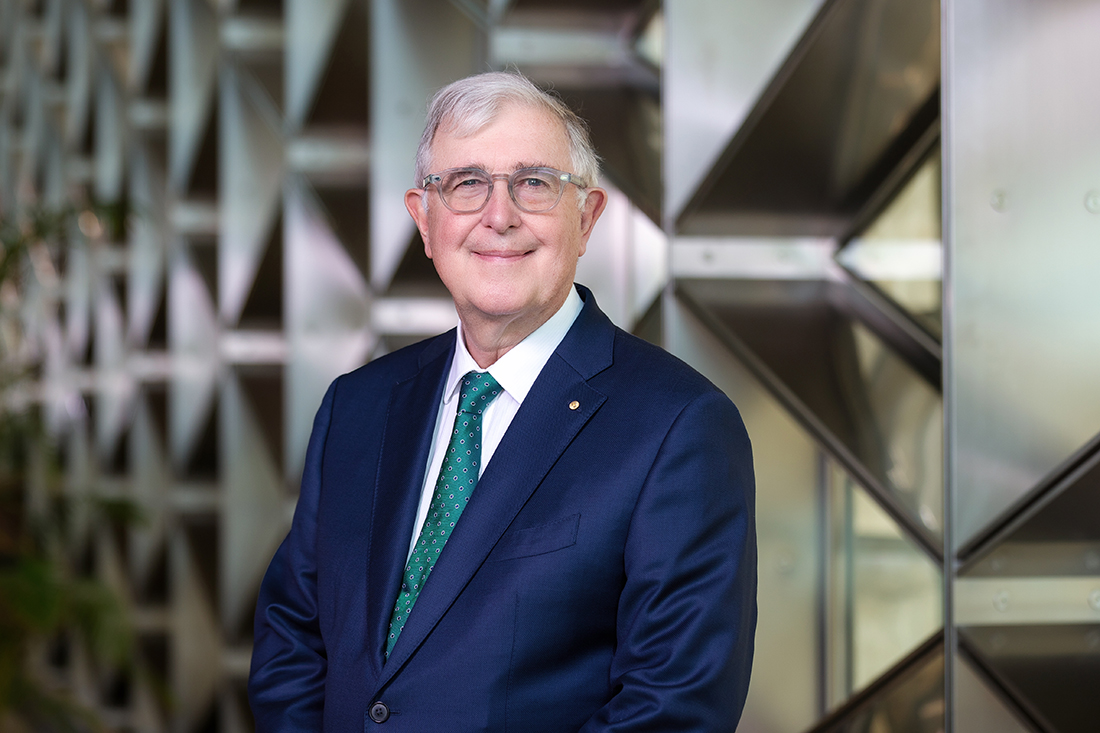
At FII, a predominant theme echoed across sessions was that the prosperity of a nation relies not just on its infrastructure or industries but on its people—their skills, creativity, and ability to adapt to a rapidly changing world. Leaders envision a transformed Saudi Arabia powered by an educated, resilient, and forward-thinking generation that can contribute meaningfully on the global stage. KAUST’s mission aligns seamlessly with these ambitions, not only to establish the Kingdom as a hub for scientific innovation but to ensure that it becomes a global exporter of knowledge and solutions. “Our graduates,” the president explained, “are not just gaining degrees; they’re becoming equipped with the mindset and tools needed to tackle complex challenges, both here in the Kingdom and beyond.”
Under the new leadership, KAUST has sharpened its focus on critical areas such as artificial intelligence, climate science, and sustainable innovation. The president sees these fields as essential to preparing Saudi Arabia for the demands of a future that will be shaped by technology and sustainable practices. “Our goal,” he said, “is to ensure that KAUST is a place where research doesn’t just stay in the lab but moves into the real world—where ideas become innovations that drive social and economic progress.” With this perspective, KAUST is positioning itself as a model of what higher education can achieve whe it is fully aligned with the needs of a nation on the cusp of a major transformation.
KAUST’s approach to education is also undergoing a shift. Gone are the days when a narrowly focused curriculum sufficed to prepare graduates for a predictable career path. In today’s complex, interconnected world, adaptability and interdisciplinary skills have become just as crucial as subject-specific expertise. Recognizing this, KAUST has recently revamped its programs to emphasize interdisciplinary studies, particularly in fields like AI and climate science, which are crucial for a future-ready workforce. The president remarked, “We’re making sure our students are adaptable thinkers, ready to lead in industries critical to Saudi Arabia’s vision. KAUST students will leave here with not only the knowledge but the practical experience to make a real impact.”
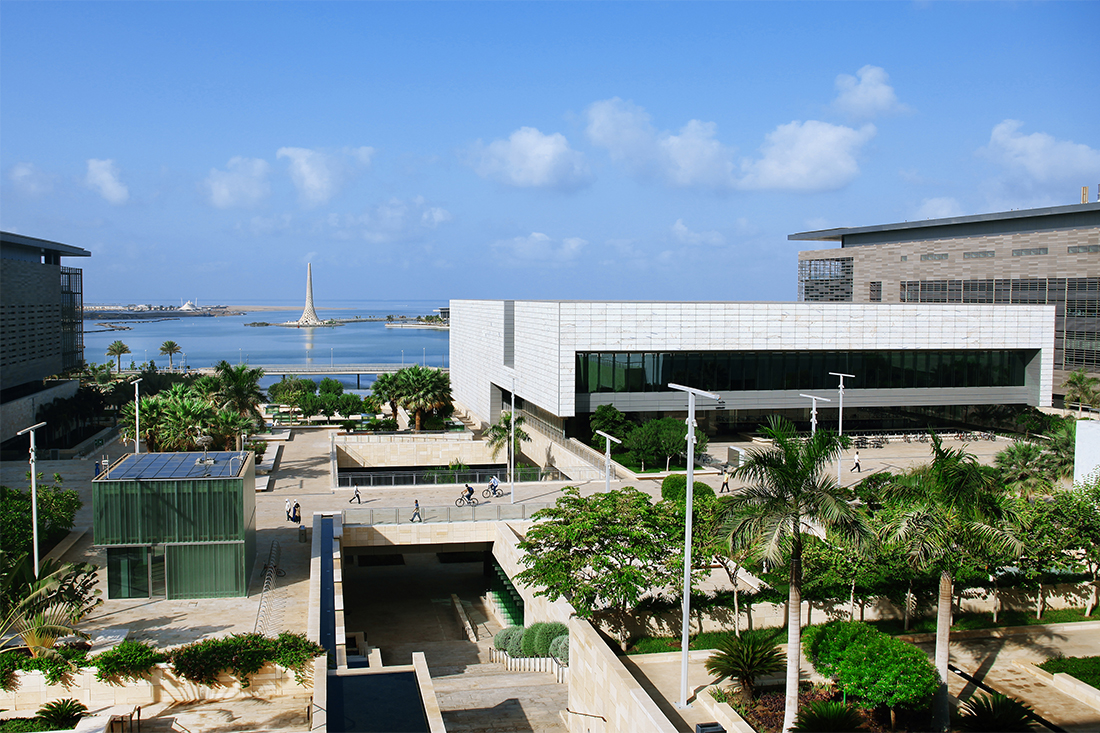
The timing couldn’t be more apt. As KAUST evolves, it does so at a moment when Saudi Arabia is boldly investing in an educated workforce, aiming to foster a generation that can lead across diverse fields, from green technology to advanced engineering, from AI to digital health. “We’re not just shaping careers,” the president pointed out, “we’re shaping futures.” For KAUST’s leadership, the challenge is clear: to prepare graduates who are equipped to build and sustain the Kingdom’s future economy, a task that is far from simple but essential to the success of Vision 2030.
Yet, this ambition comes with its own set of challenges. How can KAUST balance the fast-paced demands of industry with the more deliberate, reflective pursuits typical of academia? And how can it ensure that research programs meet both national priorities and global standards of excellence? “Our vision,” the president shared, “is to create a culture at KAUST where experimentation is encouraged, where students can fail and try again, and where resilience is built into the educational process. Because we’re not just preparing students for their first job; we’re preparing them for their careers and their roles in building the future of this country.”
“KAUST is building the intellectual capital essential for a sustainable and self-sufficient Saudi Arabia”
Professor Sir Edward Byrne, president KAUST
These changes are part of a broader, deliberate strategy to ensure that KAUST not only remains relevant but becomes indispensable. It’s a vision that requires balancing immediate goals with long-term impact, navigating the evolving demands of the Saudi economy, and fostering a culture of innovation and excellence that resonates beyond the borders of academia. “We are building something unique here,” he concluded. “KAUST is becoming not only a center of learning but a catalyst for change, an institution that will continue to shape Saudi Arabia’s identity on the global stage.”
KAUST has always stood at the frontier of research and innovation. How do you see this role evolving under your leadership?
It’s an exciting moment for KAUST, especially with the clear path laid out by Vision 2030. My focus will be on translating our research into practical solutions that address both global challenges and local needs. We want KAUST to be more than a research institution; we want it to be an innovation engine for the Kingdom and the wider world. We’ll be leaning heavily into collaborations, both within Saudi Arabia and internationally, so our work not only stays relevant but becomes indispensable to scientific advancement.
Education and training were major themes at FII. How does KAUST’s approach to education align with these priorities?
Education here is not only about knowledge but also about empowerment,” he explained. “We’re emphasizing interdisciplinary studies, ensuring that our students are not just specialists but adaptable thinkers. This year, we’re launching new programs in AI and climate science, which are crucial for a future-ready workforce. KAUST students will graduate with both the theoretical foundation and the practical skills to lead in industries critical to Saudi Arabia’s vision.
What would you say are some of the biggest challenges facing KAUST, particularly as it tries to achieve its ambitious goals?
One challenge we constantly face is ensuring that we keep pace with rapid technological advancements while remaining grounded in our unique environment and goals. But the real challenge—and the opportunity—is preparing our students for the world beyond academia. We want KAUST to be a place where they learn to innovate, fail, and persevere because those are the skills they’ll need as they become leaders in a fast-evolving global landscape.





